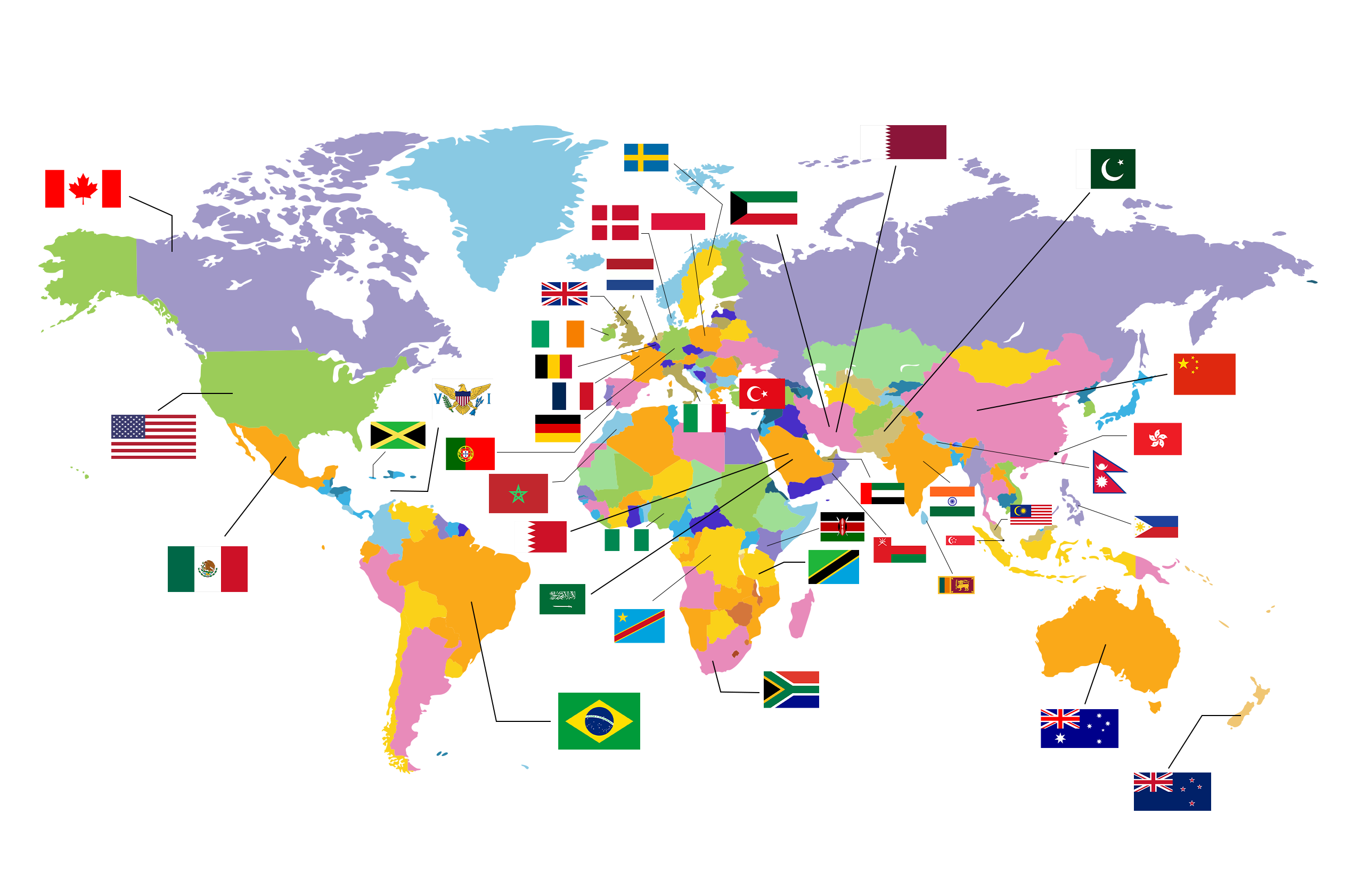“Go with your gut” when people say this, you should probably believe them. Instead, we would say, go healthy with your gut!
There are about trillion bacterial cells in your gut that are perpetually working hard and playing a vital role in keeping your body healthy. These microbes play an essential role in digestion, immune function and weight regulation.
Scientists have also found that gut bacteria produce neurotransmitters that help in regulating your mood and mental wellbeing.
Good bacteria in the gut helps the body digest and absorb nutrients, synthesize few vitamins, and fight against intruders, such as the flu and certain carcinogens.
What should one eat to keep the gut healthy?
What you eat and drink affects the trillions of bacteria in your gut. What you put in your mouth is directly responsible for the internal environment of the stomach. So, it is critical to choose things wisely.
Probiotics
Probiotics are live microorganisms that have health benefits when consumed. Studies have shown that probiotics can help to restore gut bacteria to healthy levels that protect us from inflammation.
Example of probiotics: Yoghurt, Laban/Labneh, Miso, Kefir, Pickles (saltwater brine), Kimchi, Sauerkraut, Tempeh, etc.
There are Probiotic supplements available in the market too, but make sure you read the label and understand that well.

Prebiotics
Prebiotics are a type of fibre that the human body cannot digest. They serve as food for probiotics, which are tiny living microorganisms, including bacteria and yeast. They help in promoting the probiotic growth of gut bacteria, potentially enhancing digestion and metabolism.
According to a 1998 study published in The Journal of Nutrition, eating insoluble fibre-rich foods has been found to reduce the risk of diverticulitis by an impressive factor.

Prebiotics are in many high-fibre foods, including fruits like apples, bananas, pears, blueberries etc. Also in vegetables like spinach, leeks, onions, asparagus, artichokes, broccoli etc. Besides that, it is in legumes like Soyabean, chickpeas and other beans. They are also present in whole grains like oats, wheat-rye etc.
These days prebiotics also available as a nutritional supplement in the market, but make sure you understand the labels well.
“Since our diet influences our microbes, it’s true: We really are what we eat”
For more information watch this video – https://www.instagram.com/reel/CNUs7jPJLGA/?igshid=4od2339q6ub4


